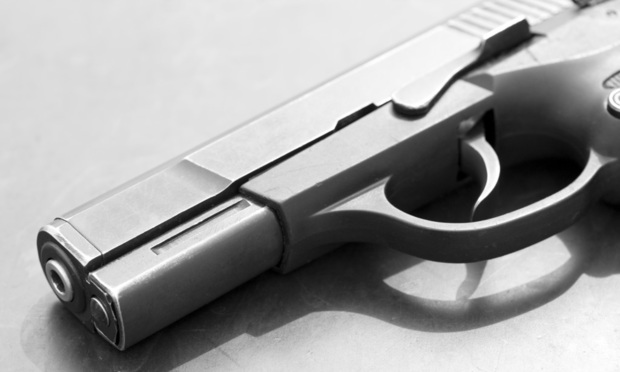You’re in a straightforward commercial dispute in federal court. Eastern District of Virginia. You notice another party for a deposition. When you arrive, the deponent is armed with a handgun that he is authorized to carry under state law. What do you do? Do you proceed with the deposition? If so, do you change your strategy? Will you be less willing to push the deponent’s buttons if he or she is carrying a weapon? And if you do take a less aggressive approach, does that raise ethical issues as to whether you are zealously serving your client’s interests?
This hypothetical scenario is less far-fetched than it may sound. There are numerous reports of deponents (or attorneys themselves) drawing weapons at depositions. In fact, the authors’ colleagues found themselves in such a situation when deposing a subpoenaed third party in litigation arising out of the “Unite the Right” protests in Charlottesville, Virginia. There, the deponent showed up armed but on the wrong date. Before his deposition, signs barring guns on the premises were erected outside the location where the deposition was to take place. When the deponent again arrived armed, the attorneys asked the deponent to put his gun in his car, citing the signs. He agreed.

 iStockphoto.com
iStockphoto.com







